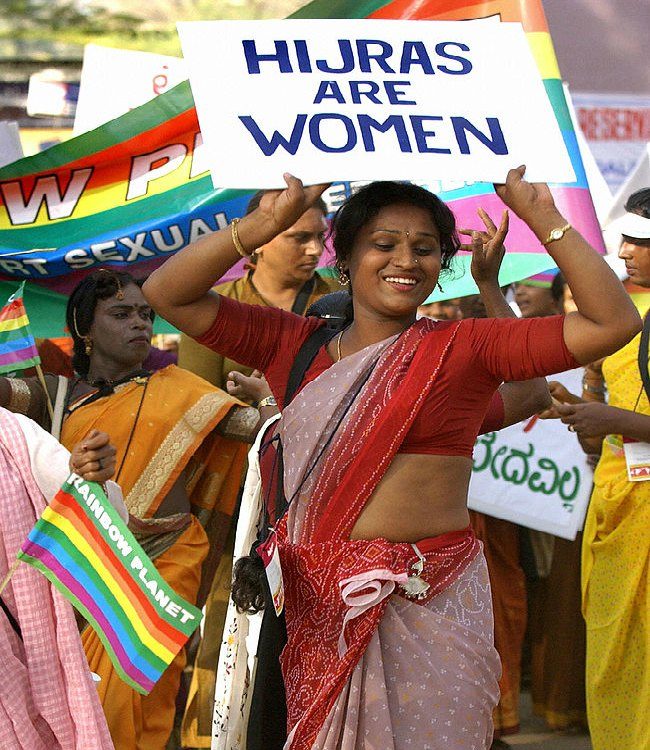Transgender women hired by government-owned Indian rail for the first time

Members of the Hijra community often dance at weddings to make ends meet (Getty)
A government-owned local train network in southern India has employed 23 transgender women.
It is a first for a publicly-owned company in India where, even though some transgender people have been recognised as ‘third gender’ and granted equal rights, discrimination is still widespread.
The women from the hijra (Indian transgender community), have been hired by Kochi Metro rail, the local network of the small beach town in the progressive Indian state of Kerala.

They will start working at the counter selling tickets and doing housekeeping by the end of the month.
Kochi Metro Rail managing director, Elias George, told The Hindu: “We would like to give members of the transgender community their rightful share in different jobs at stations.
“There will be no discrimination between them and women workers.”
The 23 women were chosen from 41,000 applicants who were subject to a written test followed by an interview.
They have received technical and safety training as well as customer care education.
“The metro agency is the first government-owned company in India to formally appoint them. I hope other firms in Kerala give them a respectable opportunity to work,” George said.
In 2014 India’s Supreme Court recognised transgender people allowing them to change their official documents to a ‘third gender’.
But people belonging to the hijra still face widespread discrimination.
They are usually forced to beg on the street or dance at weddings to make ends meet.
Kochi Metro Rail’s spokeswoman, Rashmi CR, told The Guardian: “People don’t interact with trans people. They live separately from society, they are not given jobs, their rights are not respected.
“We want to bring them into the mainstream by ensuring that people interact with them every day, on their way to work, for example.”
In 2013 India recriminalised homosexuality making it an offence punishable by up to 10 years in jail.
India also has an openly gay prince who has previously spoken against the anti-LGBT laws of his country.

